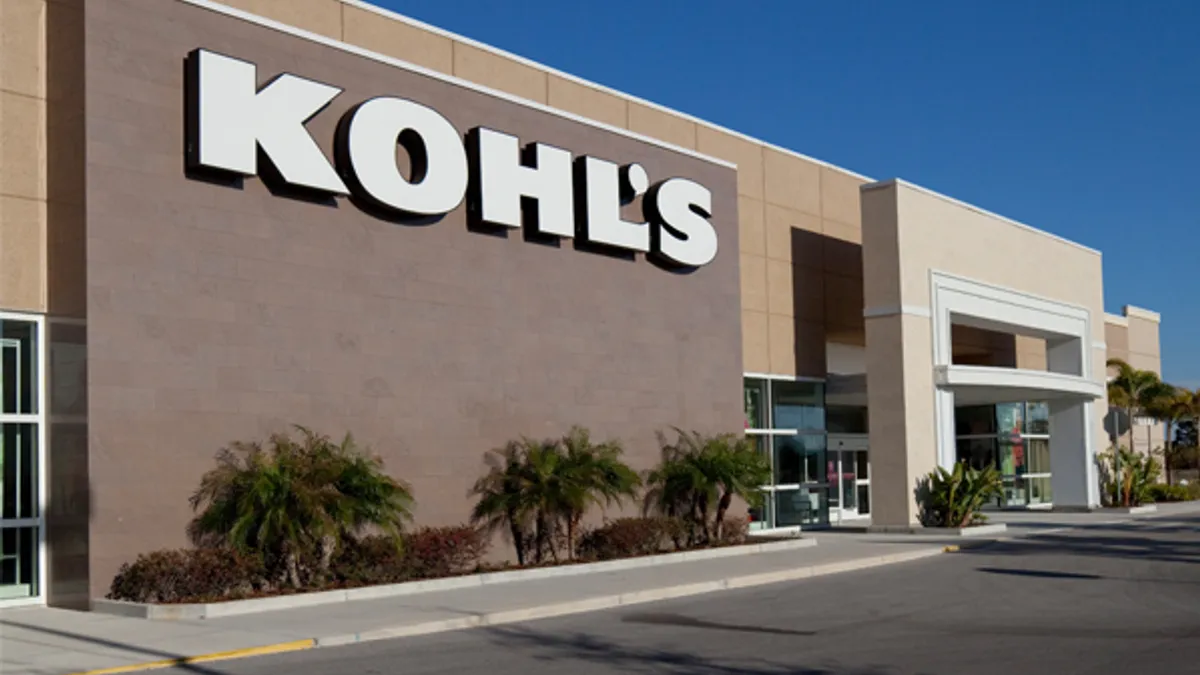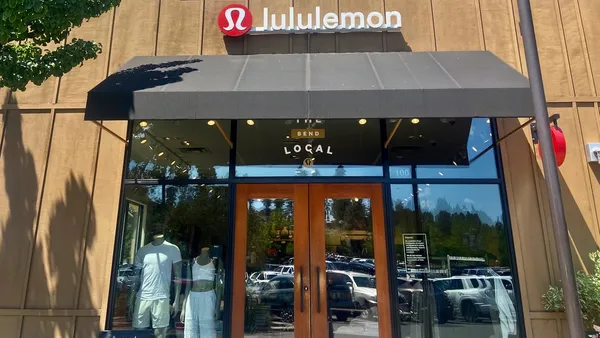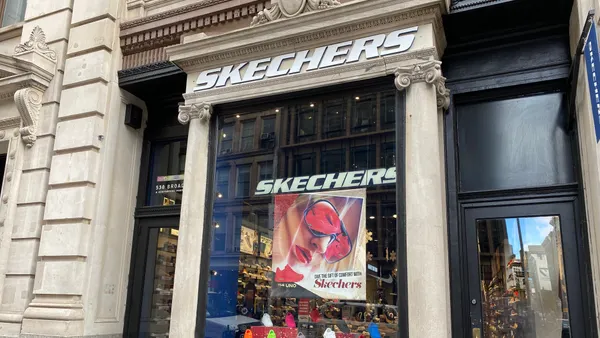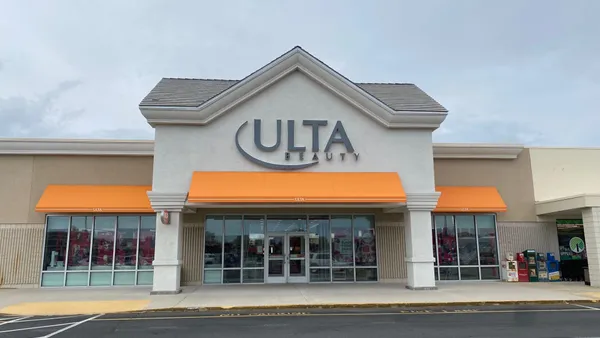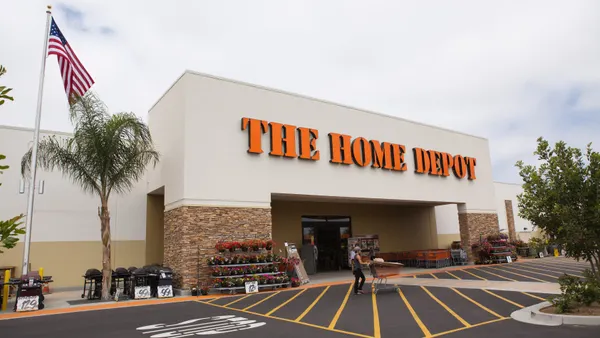Dive Brief:
- With retailers closing more than 11,000 stores in an effort to mitigate the spread of COVID-19, earnings per share could fall by up to 50% for the 2020 fiscal year, according an emailed report from Cowen analysts led by Oliver Chen.
- The analysts think that revenue for retailers that they cover — including Gap, Nordstrom, Macy's, Kohl's and J.C. Penney — could fall by an average 12% year over year in 2020. The analysis assumes that retailers' store sales fall up to 50% in March and up to 100% in April. They assume improvement thereafter but noted that it's possible sales won't return to normal by August.
- As retailers try to maintain adequate liquidity, they could start cutting dividends to shareholders, drawing on their credit lines and pull back on investments.
Dive Insight:
The store closure announcements have been flooding in throughout the week, as retailers across categories move to temporarily shutter stores as part of the broader effort by businesses and governments to slow the spread of the coronavirus.
Cowen's report is one of the first to try to gauge the financial impact on retailers of the closures. By and large, Chen's team sees retailers having the liquidity to make it through the closures, even holding labor as a fixed cost at 15% of sales. (That could change if closures are extended, and retailers start laying off workers, they note.) But, the analysts also note their assumptions about liquidity could change if the pandemic persists into the back half of the year, given the importance of the fourth quarter to earnings.
Those companies with higher leverage relative to their peers, including J.C. Penney, L Brands and Gap, are "at higher risk in a store closure environment," Chen and his team said.
In a Wednesday client note, B. Riley FBR analysts led by Susan Anderson said that most apparel retailers they cover "could manage a quarter of store shut down with the current liquidity; however, this would stretch many companies of all their liquidity." Many of those companies will likely raise cash by drawing on their credit lines, as L Brands announced it had this week.
Looking at store rent, interest expenses, and selling, general and administrative costs, Anderson's team dived into which companies would be most stretched for cash. The most stressed, they found, would be The Children's Place, which has liquidity to cover 15 weeks of closures, Tailored Brands (14 weeks) and Chico's (14 and a half weeks).
Those with the biggest liquidity cushion include Abercrombie & Fitch, American Eagle and Urban Outfitters.
"Many retailers will be able to make up some of the losses with online operations, which should run normal or potentially better," the analysts said, adding that those retailers with stronger omnichannel operations would fare better.



